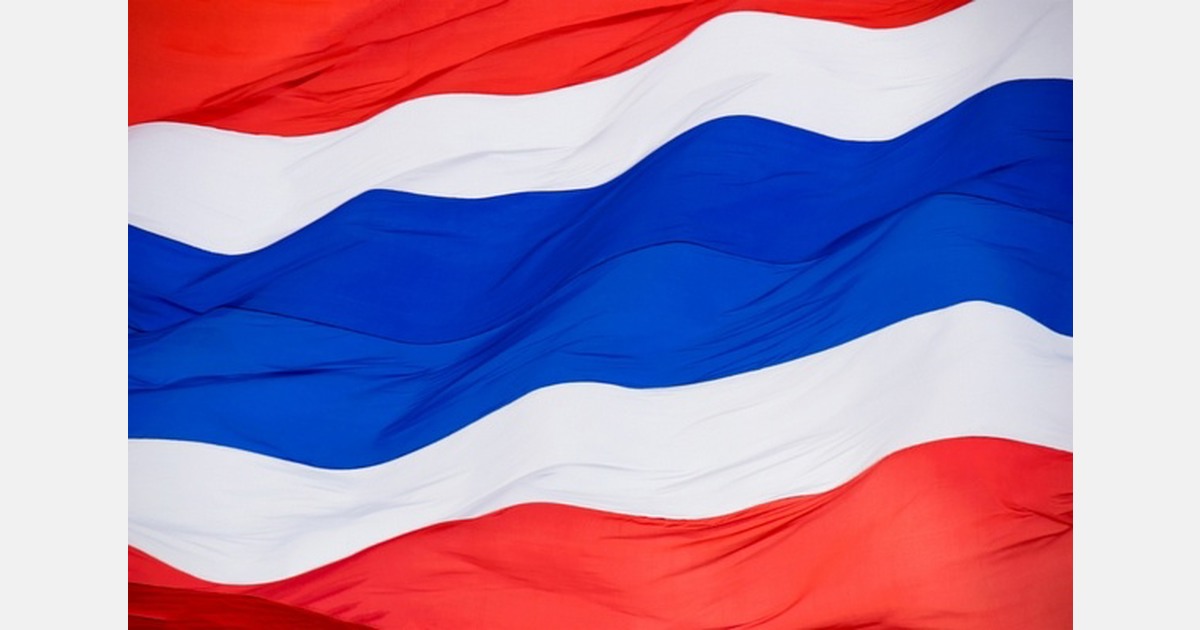
Vietnam’s recent status as a partner country within the BRICS framework could expand the bloc’s influence, fostering enhanced collaboration among Global South nations, according to experts. This development reflects Vietnam’s alignment with multilateralism, distancing itself from great power rivalries. Vu Lam, a political scientist at the University of New South Wales Canberra, emphasized Vietnam’s strategy to work within multilateral frameworks to amplify the voices of developing nations.
The announcement of Vietnam’s formal admission by Brazil, slated to chair BRICS in 2025, underscores Vietnam’s role as a relevant actor in Asia. The Brazilian government acknowledged Vietnam’s commitment to establishing a more inclusive and representative international order. BRICS, originally formed by Brazil, Russia, India, and China in 2009 and expanded to include South Africa in 2010, now incorporates 11 members following an expansion in 2024 and 2025.
Amid this expansion, multiple ASEAN nations, including Indonesia, have joined as full members or partner countries, such as Thailand and Malaysia. Lam stated that BRICS membership aligns with Vietnam’s foreign policy that emphasizes multilateralism and diversification, allowing it to participate in shaping global governance and economic cooperation.
According to Viet Nam News, the Vietnamese Foreign Ministry expressed the country’s aspiration to strengthen the role of developing nations, advocating for international solidarity and multilateralism grounded in respect for international law. Anna Malindog-Uy, an economic researcher at the Institute of South-South Cooperation and Development at Peking University, noted that Vietnam’s BRICS involvement enhances ASEAN’s visibility within the group and signals a move toward multipolar leadership in the Global South.
Malindog-Uy observed that the partnership sends a message to Western powers about the Global South’s independent organization. She suggested that Vietnam’s participation could encourage other ASEAN countries to explore similar engagements, potentially accessing new markets, investments, and technologies. Eka Khorbaladze from the University of Hong Kong highlighted the potential benefits of Vietnam’s expertise in global supply chains, particularly in electronics and manufacturing, to BRICS’ objectives of trade diversification and resilience. While BRICS serves as a platform for ASEAN nations to explore non-Western affiliations, domestic dynamics will influence the economic and geopolitical landscape.
Source: Ecns
Source: The Plantations International Agroforestry Group of Companies
